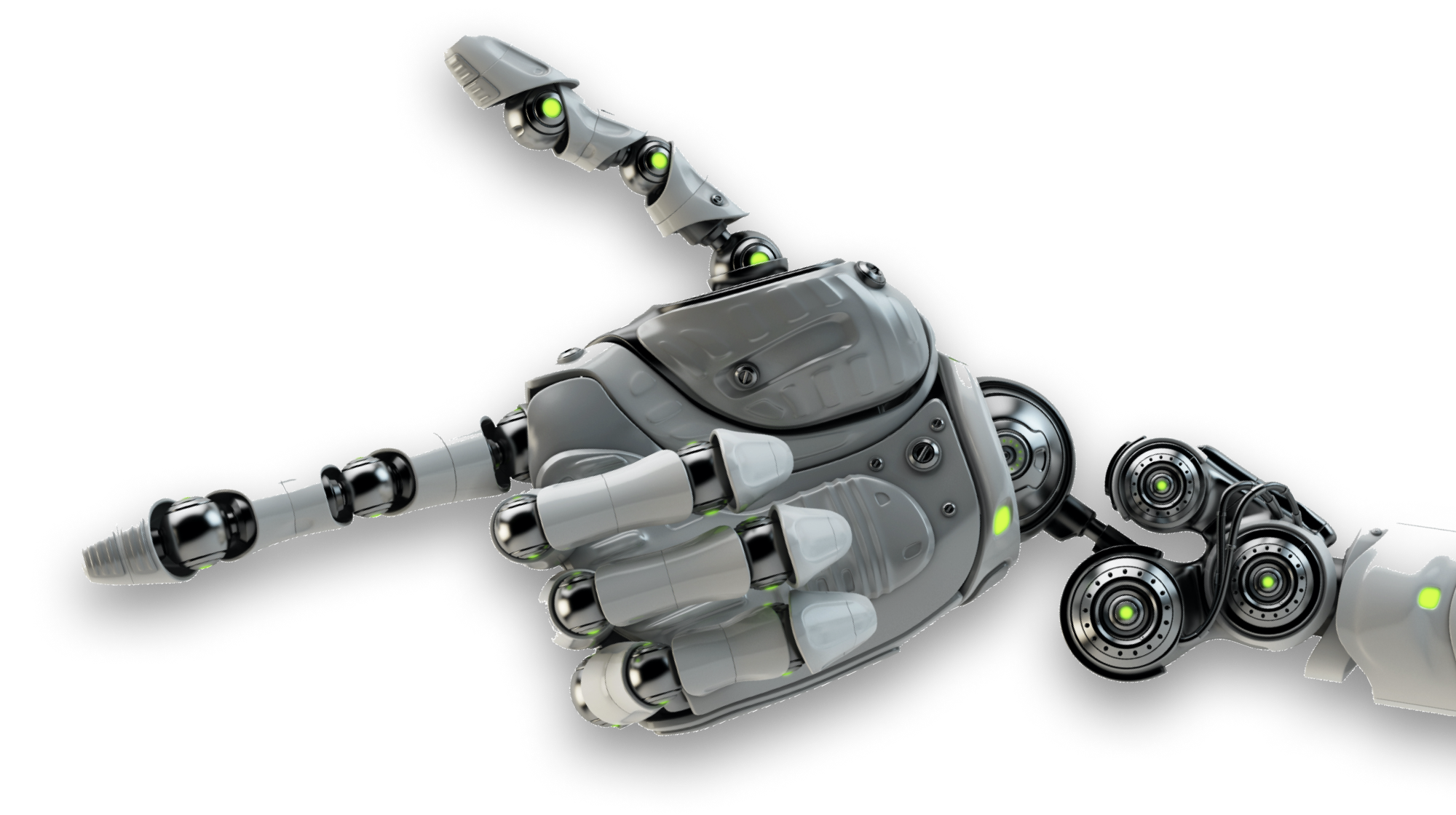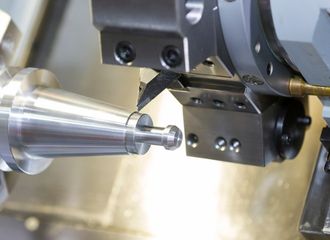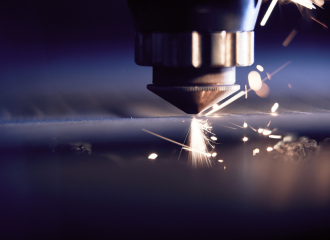Precision work with German quality assurance
CNC production with maximum precision
Discover the possibilities of CNC manufacturing: Whether turned parts or milled parts, our guide shows you what is important in CNC production.
1.500+
Satisfied customers
5.500+
Available machines
0,11%
Complaint rate
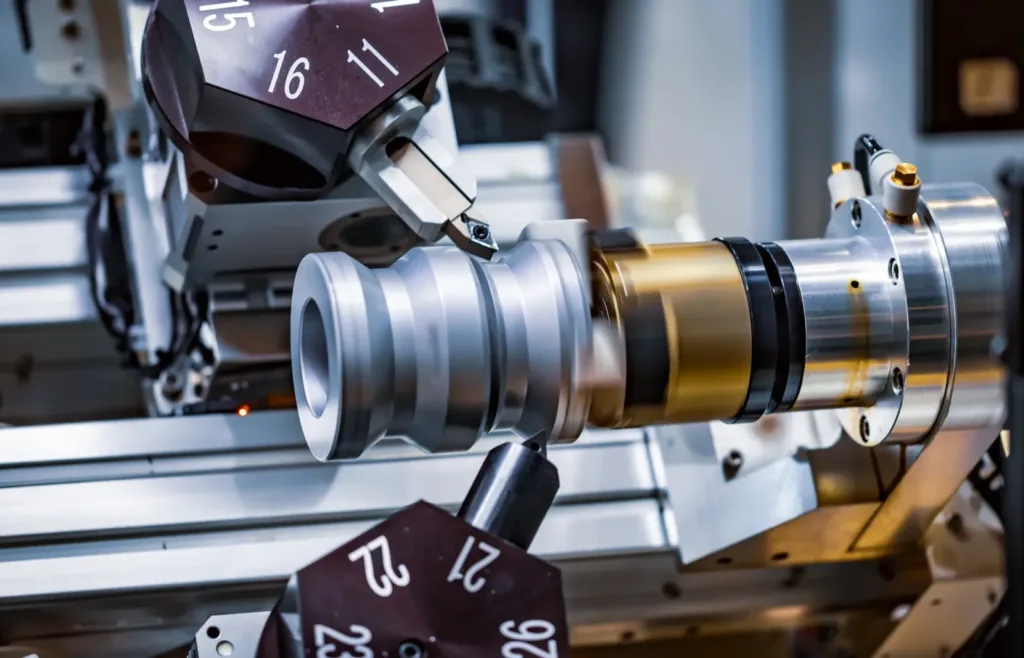






Alloy and use
Materials and their processing in CNC manufacturing
The versatility of CNC manufacturing extends to a wide range of materials, each of which requires customized machining and machining strategies:
- Metals: aluminum, steel, titanium
- Plastics: ABS, polycarbonate, PTFE
- Composite materials: carbon fiber, glass fiber
CNC technology cleverly adapts to the unique properties of these materials and guarantees the highest quality for every project – from the malleability of aluminum to the strength of titanium.
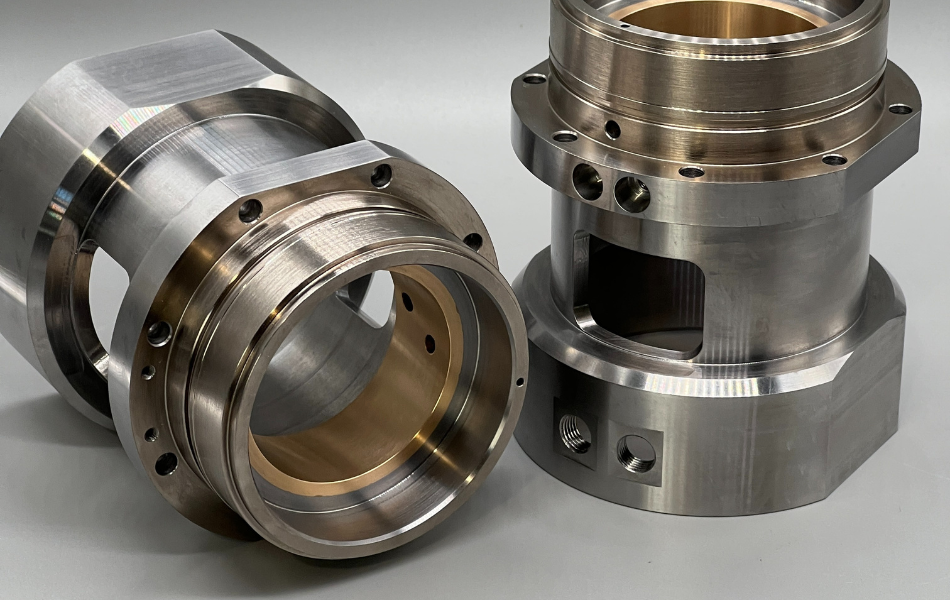
Your advantages
Customization and flexibility of CNC production
CNC manufacturing is characterized by its ability to produce bespoke parts and offers unrivalled flexibility in meeting specific design requirements.
Whether it’s a single prototype or a small series of components, CNC manufacturing adapts seamlessly to changing requirements without compromising on speed or quality. This adaptability opens up unlimited possibilities for innovation and design.
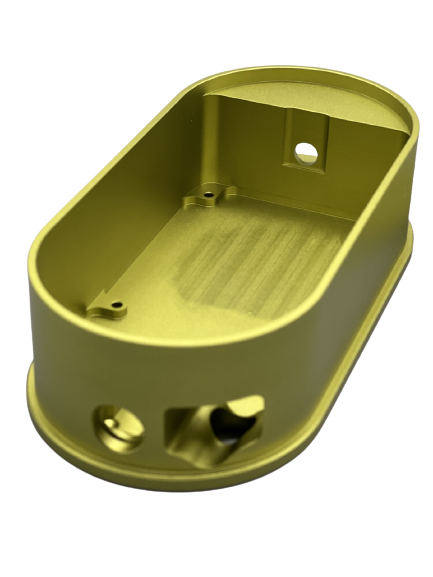
CNC production
Technical data
| Travel paths: | X-axis: up to 10,000 mm Y-axis: up to 4,300 mm Z-axis: up to 1,250 mm |
| Tolerances: | from +/- 0.005 mm |
| Surface roughness: | Ra 0.8 – Rz3.2 |
| Lot sizes: | from 1 piece |
| Machines | Modern 3- and 5-axis milling machines |
Our materials
Available materials
| Aluminum | Ceramics |
| Bronze | Plastics |
| Stainless steel | Copper |
| Steel | Brass |
| Casting | Titanium |
| Hard fabric | Further materials on request |
| Inconel |
Upload
File formats
Get a quote for your parts
We will send you a suitable offer within 48 hours
Your partner for all components
Other manufacturing processes
Generic term for various manufacturing processes
From CAD model to finished workpiece with CNC24
At CNC24, the focus is on our own measuring center at the Berlin site to ensure excellent customer service and technical support that meets the highest quality standards.
Our team of experienced specialists accompanies our customers through every phase of the CNC manufacturing process. From selecting the optimal material and refining the design to choosing the best manufacturing process, we ensure that your vision is realized with precision.
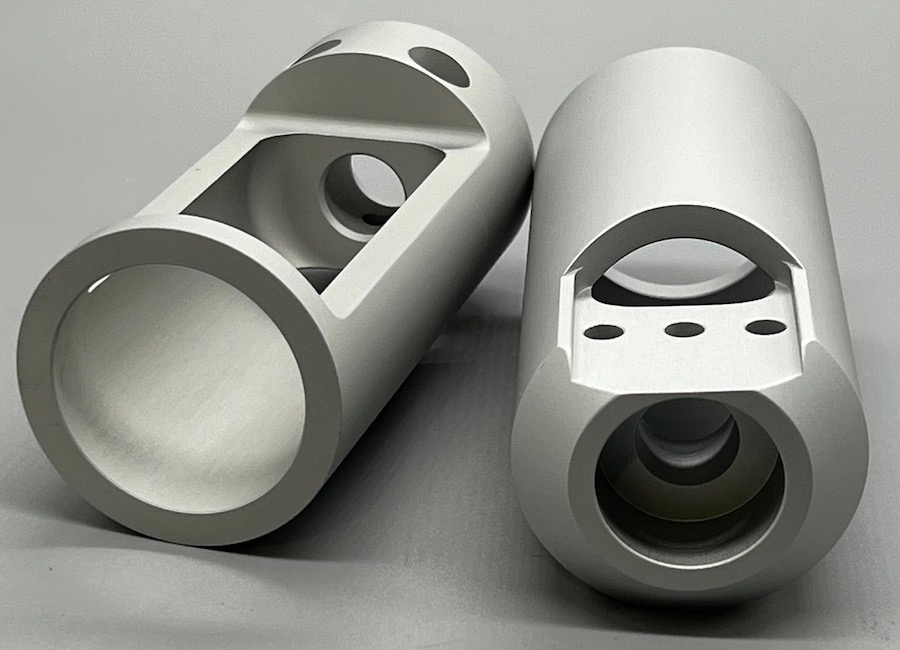
Advantages at a glance
The path from concept to finished component involves several important steps:
- CAD model design: A CNC project starts with a detailed 3D CAD model that outlines the specifications of the component. Manufacturing parts: The essence of industrial CNC manufacturing
- The CAD model is converted into a CNC-compatible file: CAM software is used to translate the CAD model into G-code, the language that CNC machines understand.
- Preparing the CNC machine: Choosing the right tools and setting up the machine are crucial to achieving the desired results.
- Processing the part: With the machine set up and the G-code loaded, the actual machining process begins, during which the material is precisely shaped.
- Post-processing: The workpiece can be subjected to further processing steps to achieve a perfect finish and perfect dimensions.
- Quality control and testing: Strict quality controls ensure that the part meets all specifications and is ready for use.
If these work steps are followed carefully, as is the case at CNC24, CNC manufacturing can produce components with the highest degree of precision and outstanding quality.
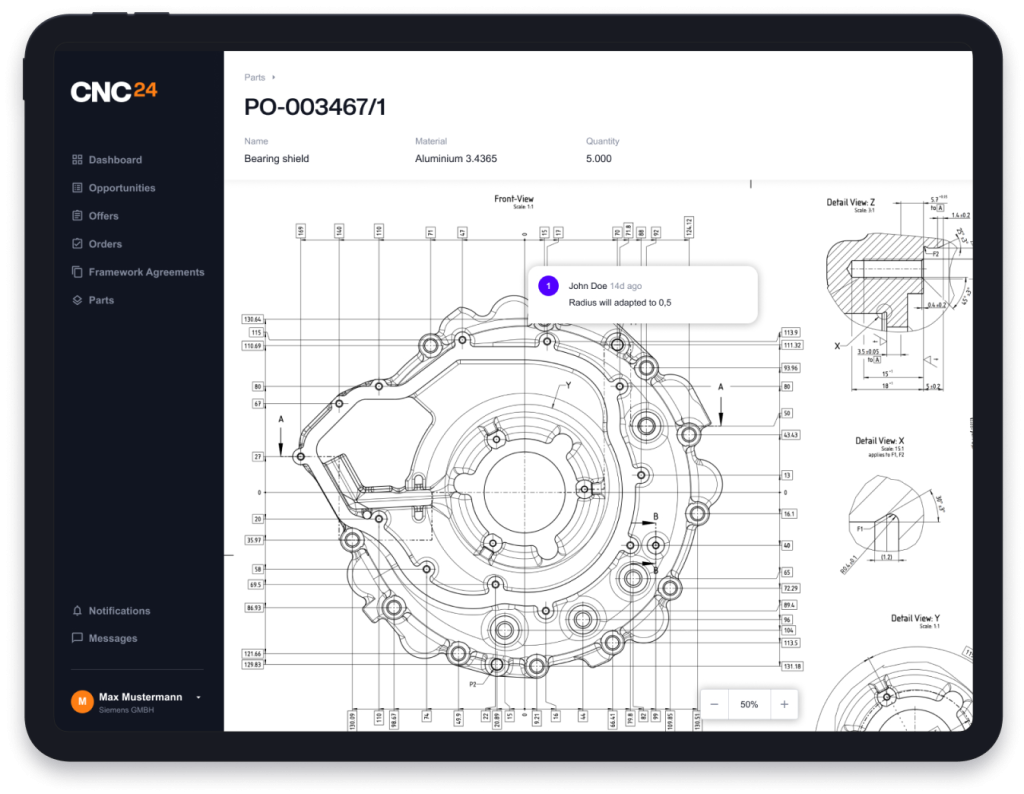
Perfect components in just 3 steps!
1
Make a request
Upload production drawing and specify order. You will receive your offer within 48 hours.
2
Quality control
We find the right paver, supervise production and take care of quality control in our in-house measuring center.
3
Components received
You receive your quality-tested components including detailed test certificate.
9 out of 10 customers recommend CNC24
„Key partner for scaling“
As a start-up, lean processes and high scalability are important to us.
By working with CNC24 we can source components with consistent quality, great flexibility and in varying quantities.
„Strong expertise for our fire-fighting drone”
Throughout our collaboration we have been impressed by CNC24’s manufacturing expertise.
With CNC24’s feedback we were able to optimise the components and make significant cost savings. As a start-up, we don’t have our own measuring centre, so the additional quality assurance provided by CNC24 was very important to us.
“The right partner for our growth”
At a time of internal personnel changes, we are particularly reliant on a partner who can support us with expertise and high quality standards. We are incredibly grateful to have found such a partner in CNC24. This allows us to concentrate on our own development and assembly.
Customers who trust us





Offer for your components
We will send you a suitable quotation for your components within 48 hours
Innovation through precision
What is CNC manufacturing?
CNC (Computer Numerical Control) manufacturing stands for innovation in parts production by automating the manufacturing process with unsurpassed precision and efficiency.
This cutting-edge technology converts CAD drawings into numerical commands that instruct CNC machines to transform raw materials with exact specifications into finished products.
The hallmark of CNC manufacturing is its ability to produce complex shapes with a precision that manual processes cannot match, significantly speeding up production while ensuring consistent quality of all parts.
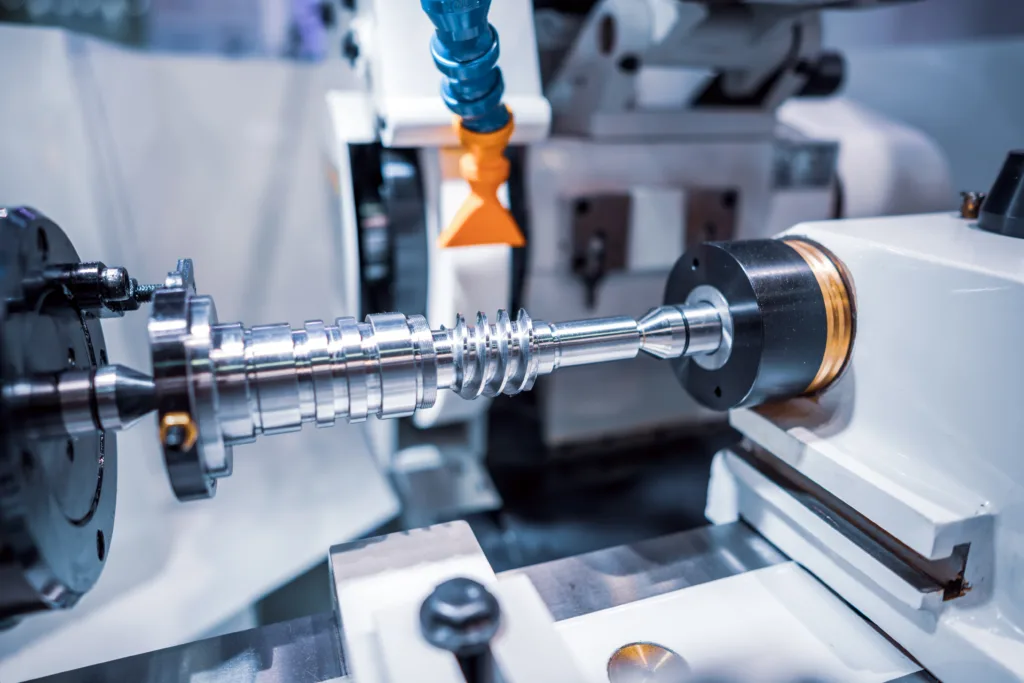
FAQ on the subject of CNC production
Questions about CNC manufacturing are answered here.
What role does surface treatment play in the post-processing of CNC-manufactured parts and how is the correct surface treatment determined?
Surface treatment plays a decisive role in post-processing, as it influences the appearance, tolerances and functionality of the workpiece.
It is determined on the basis of the requirements of the end product, including aesthetic aspects, wear resistance and friction properties.
Techniques such as grinding, polishing and coating are used to achieve certain surface qualities. The choice of process depends on factors such as the material used, the required precision and the desired finish.
To what extent does the complexity of the component design influence the choice of CNC machining process (e.g. turning vs. milling)?
The complexity of the workpiece design is a decisive factor when choosing the appropriate CNC machining process. Turning is ideal for rotationally symmetrical parts, while milling is better suited to complex geometries and parts with multiple planes or irregular shapes.
Complex designs may require the use of advanced 5-axis milling machines that allow simultaneous movements in five axes to machine intricate geometries in a single set-up. The choice of machining process is based on the ability of the process to produce the required geometry efficiently and to the required tolerances.
How do heat treatments affect the mechanical properties of CNC-manufactured metal parts?
Thermal treatments such as hardening, tempering and normalizing can significantly change the mechanical properties of CNC-manufactured metal parts by altering the microstructure of the material.
Hardening processes increase the wear resistance and hardness of steel, for example, but can also lead to a reduction in toughness. Tempering is often carried out after hardening in order to restore toughness with slightly lower hardness.
These treatments allow engineers to tailor the material properties precisely to the respective application, but must be carefully planned to avoid undesirable stresses or deformations in the component.
Which file formats are supported for uploading CAD drawings?
CNC24 supports all common industry formats such as ST, STEP, STP, DWG and DXF as well as PDF, ZIP, XLS and CSV. Please contact us if you require further information on the file formats.
What role does machine calibration play in quality assurance in CNC production?
Machine calibration is of crucial importance for quality assurance in CNC production, as it ensures the accuracy and repeatability of machining processes.
A correctly calibrated machine ensures that the movements and positioning of the tools correspond exactly to the specifications of the G-code. Insufficient calibration can lead to deviations from the specifications, poor surface quality and, in the worst case, rejection of the manufactured part.
Regular calibrations, supported by precise measuring equipment and protocols, help to ensure that machine performance meets production standards.
How does CNC24 ensure the quality of the components from its global network of over 500 verified suppliers?
To ensure quality, all suppliers undergo a strict selection process. This includes an assessment of production capabilities, compliance with quality standards such as ISO 9001 certification and the ability to deliver consistently good quality. In addition, CNC24 enables transparent customer feedback and implements quality control measures to ensure that only suppliers who meet the high quality standards remain in the network.
Can CNC24 handle special design requirements or complex geometries that go beyond the standard specifications listed?
Yes, through CNC24, customers can have custom-made precision parts manufactured that have complex geometries or special design requirements. The sourcing platform’s technology, including advanced CAD file analysis and AI-driven tools, enables the evaluation of complex designs and the identification of suitable manufacturing processes. Suppliers in the CNC24 network have diverse capabilities, including advanced machining and manufacturing technologies that enable them to meet a wide range of custom specifications and complex design challenges.
What influence does the choice of material have on the programming of the G-code in CNC production?
The choice of material has a significant influence on the programming of the G-code, as different materials require specific cutting speeds, feed rates and cooling requirements.
For example, harder materials such as titanium require lower cutting speeds and possibly special coolants to prevent overheating. In contrast, softer materials such as aluminum allow higher cutting speeds and feed rates.
These parameters must be precisely defined in the G-code in order to optimize the tool load and ensure a high surface quality and compliance with dimensional tolerances.
Do you have any questions?
Your partner for all components
CNC24 stands for…
- Simple procurement processes
- On-time delivery and fast delivery
- Quality control in our own measuring center in Berlin (ISO9001)
- Global network with over 500 audited suppliers
- Highest quality and competitive prices for all manufacturing processes
- All plastics and metals available in over 600 materials
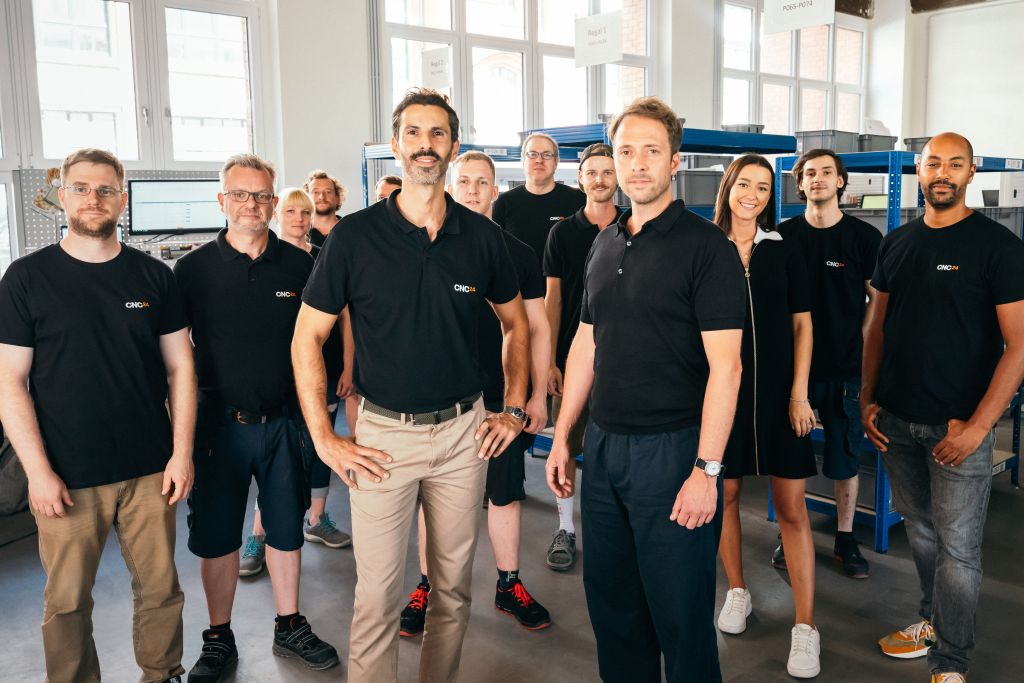
CNC24
The easiest way to order components
